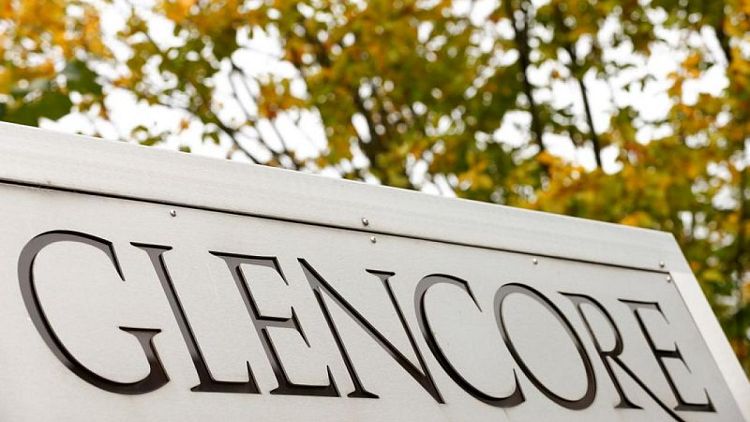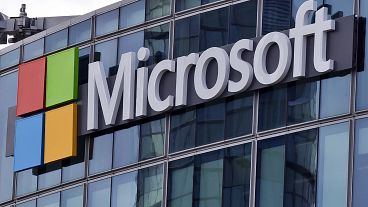By Clara Denina
LONDON - Gary Nagle takes the helm at Glencore Plc on Thursday, a changing of the guard that shareholders hope will allow the mining giant to move past a U.S. Department of Justice (DoJ) investigation and lift its share price.
Nagle, 46, is South African and an accountant by profession, as was his predecessor Ivan Glasenberg, earning him the nickname "mini-Ivan". He has run the company's coal assets division for the last two years.
Nagle takes control as miners are coming under pressure from investors and policymakers to tackle climate change, presenting an opportunity for the Swiss-based company, which mines copper, cobalt and nickel needed for the transition to a cleaner world, and has a big commodities trading business.
The company has pledged to reach net-zero carbon emissions by 2050. Unlike Glasenberg, Nagle will see his compensation tied to ESG performance.
Even as Glencore positions itself for the energy transition, a hefty penalty from the DoJ, which has been investigating the London-listed miner since 2018 over allegations of corruption relating to some of its operations in the Democratic Republic of Congo, Venezuela and Nigeria, is still hanging over the company, sources close to the regulator's thinking said.
The ability of a company to pay is typically a factor in the negotiations with the U.S. government over penalties.
Any settlement would remove an important risk factor from Glencore's stock, analysts said. The share price, up 35% this year on high prices for the metals that Glencore mines, is still around 18% lower than in mid-2018 and 40% below its floatation price.
"The DOJ investigation ... may result in a sizable fine, but it should also be a clearing event and a positive catalyst," Jefferies analysts said in a note.
Glencore declined to comment on the DOJ investigation and referred to previous financial disclosures highlighting the company's strategy and performance.
The coal assets, which the company would like to carry on running until depletion expected in the mid-2040s, might eventually have to be sold or spun off if the pressure from environmental activists and shareholders increases.
For now, the company has added to its coal portfolio by buying out its joint venture partners in Colombia, but remains open to engage further with shareholders on the future of the division, one source close to the company said.
Thermal coal prices are at all-time high.
"There is a logic in depleting the assets rather than selling them and make them someone else's problem, but an accelerated and orderly closure would be preferable," said one top-20 shareholder, who declined to be named.
"A couple of years down the line this coal portfolio could still be impacting the share price, so investors will tell Glencore that what they are doing is not good enough for the world's decarbonisation effort," the shareholder said.
The majority of shareholders, some 97%, approved the company's climate change strategy at the latest Annual General Meeting in May.
The company has reduced its net debt by 10% to $15.8 billion in 2020 and reinstated dividends after a temporary pandemic-led halt in the first half of last year.
It could top up the dividend or launch a share buyback after it cuts net debt below $13 billion and if commodity prices stay strong, finance chief Steve Kamlin said at the company's results in February.
"Buying back shares and reinvesting in the company could be a more effective capital allocation option than dividends or growth," said Ben Davis, analyst at broker Liberum.



